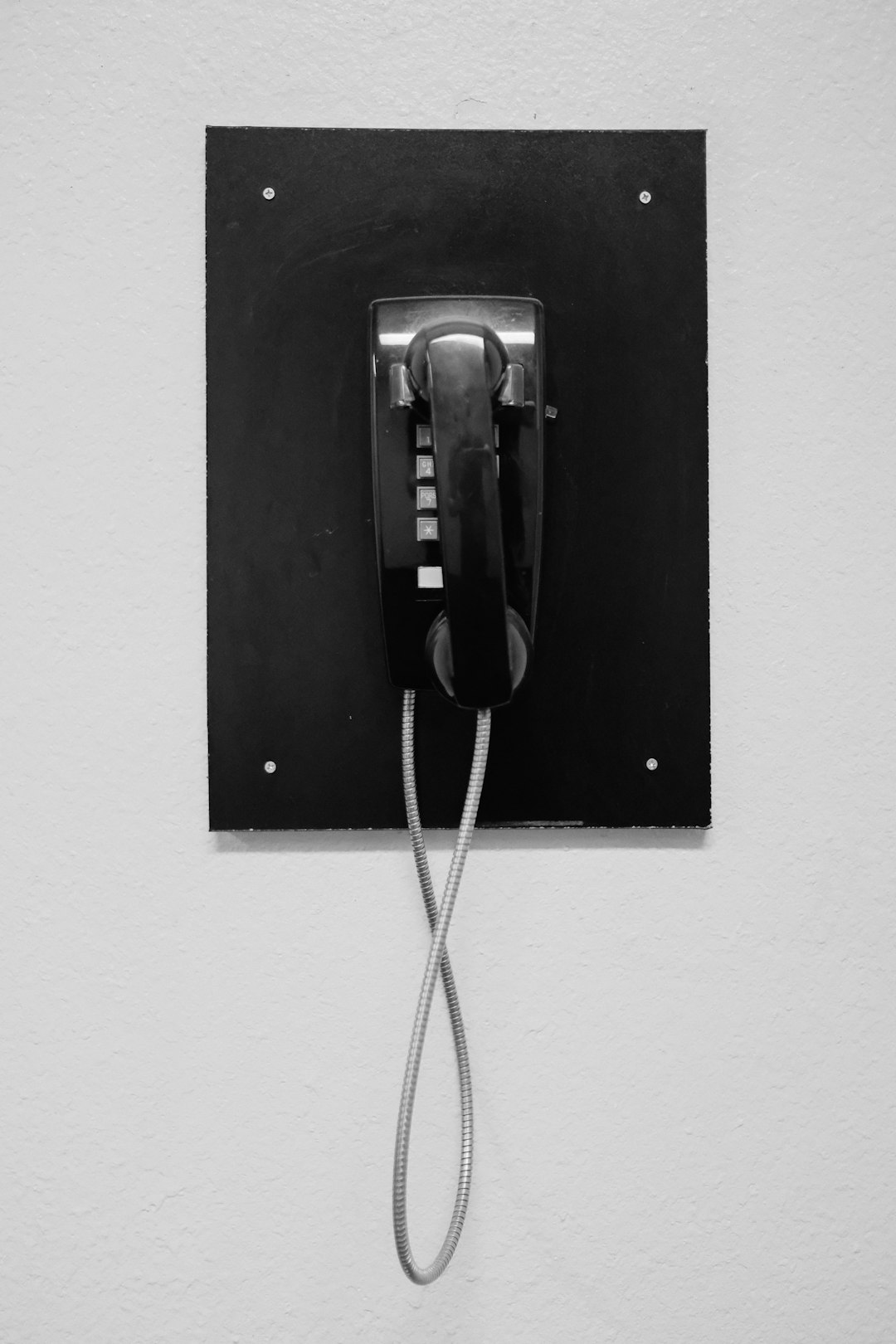Massachusetts has stringent spam call laws protecting residents from unsolicited marketing robocalls, especially from law firms. Businesses, including law firms, must obtain explicit consent before making automated telemarketing calls, facing severe penalties for violations. Consumers can file complaints with the Attorney General's Office and use tools like the National Do Not Call Registry and blocking apps to protect against spam call law firms in Massachusetts.
In Massachusetts, robocalls and wireless communication regulations are subjects of growing importance as businesses and consumers navigate an increasingly digital landscape. This article explores the state’s robust framework for addressing unwanted spam calls, focusing on regulations that protect both residents and businesses. We delve into legal recourse available to firms while also empowering consumers with rights against intrusive calls. Best practices are highlighted to help organizations avoid violations and ensure compliance in the ever-evolving world of Massachusetts’ wireless communication laws.
Understanding Massachusetts Robocall Regulations

Massachusetts has strict regulations in place to combat robocalls, particularly those targeting consumers with unsolicited marketing messages. The state’s spam call laws aim to protect residents from unwanted phone calls and offer several protections for wireless communication. One key regulation is that businesses and law firms must obtain explicit consent before initiating automated calls for telemarketing purposes.
This means that if you have not given your written permission, a Massachusetts-based law firm cannot use robocalls to advertise their services or promote their practice. Violations of these regulations can result in significant penalties for offending companies. Consumers concerned about robocalls or seeking clarification on these laws should refer to the state’s official guidelines and consult with legal experts specializing in wireless communication regulations, especially those focusing on spam call litigation in Massachusetts.
Wireless Communication Laws: What They Cover

In Massachusetts, wireless communication laws are designed to protect residents from unwanted and deceptive practices, particularly in the realm of robocalls. These laws encompass a range of regulations aimed at curbing spam calls from law firms and other entities. The Spam Call Law firms Massachusetts stipulate that businesses must obtain explicit consent before initiating automated phone calls for marketing purposes. This means that if you haven’t given your permission to be contacted by a particular firm via robocall, such calls are illegal.
Additionally, the laws set boundaries on the timing and frequency of these calls, ensuring residents enjoy peaceful enjoyment of their personal time. They also mandate clear disclosure of the caller’s identity and purpose, allowing recipients to make informed decisions about whether to answer or block the call. These measures collectively foster a more transparent and respectful communication environment in Massachusetts.
Spam Calls and Legal Recourse for Firms

In Massachusetts, spam calls are regulated by state and federal laws designed to protect consumers from unsolicited telephone marketing. When businesses or individuals engage in excessive or unwanted calling, they may face legal repercussions under the Spam Call Law firms Massachusetts. This law empowers residents to take action against violators by filing complaints with the Attorney General’s Office.
Firms found guilty of spamming can be subject to significant fines and other penalties. Legal recourse for affected parties is clear and accessible, enabling Massachusetts residents to assert their rights. By understanding their options, consumers can better protect themselves from intrusive calls and hold irresponsible firms accountable under the Spam Call Law firms Massachusetts.
Consumer Rights Against Unwanted Calls

In Massachusetts, consumers have rights to protect them from unwanted and spam calls. The state’s wireless communication laws prohibit phone numbers from being used for automated or prerecorded calls (also known as robocalls) without the prior express consent of the caller. This means that law firms or any entities engaging in such practices may face legal repercussions under Massachusetts’ strict spam call laws.
Consumers can take several measures to safeguard their privacy, including registering their phone numbers on the National Do Not Call Registry and using apps designed to block unwanted calls. If a resident of Massachusetts feels they’ve received an illegal robocall or excessive spam calls from law firms, they have the right to file a complaint with the Massachusetts Attorney General’s Office, which actively enforces these consumer protection laws.
Enforcing and Avoiding Violations: Best Practices

Enforcing and avoiding violations of Massachusetts’ wireless communication laws, particularly those related to robocalls and spam calls, involves a combination of strict adherence to regulations and best practices for both businesses and individuals. First, it’s crucial to understand that unauthorized automated calls are prohibited under state law, with exceptions for certain types of communications like political campaigns or non-profit organizations. Businesses should implement robust systems to ensure they only dial numbers with explicit consent, using secure data management practices to protect consumer information.
For call law firms in Massachusetts, best practices include obtaining prior express written consent from recipients before making automated calls, maintaining detailed records of caller activity, and providing a clear and straightforward opt-out mechanism during each communication. By adopting these measures, firms can not only comply with the spam call laws but also build trust with their clients. Conversely, violators face significant penalties, including fines and legal repercussions, emphasizing the importance of proactive compliance.






